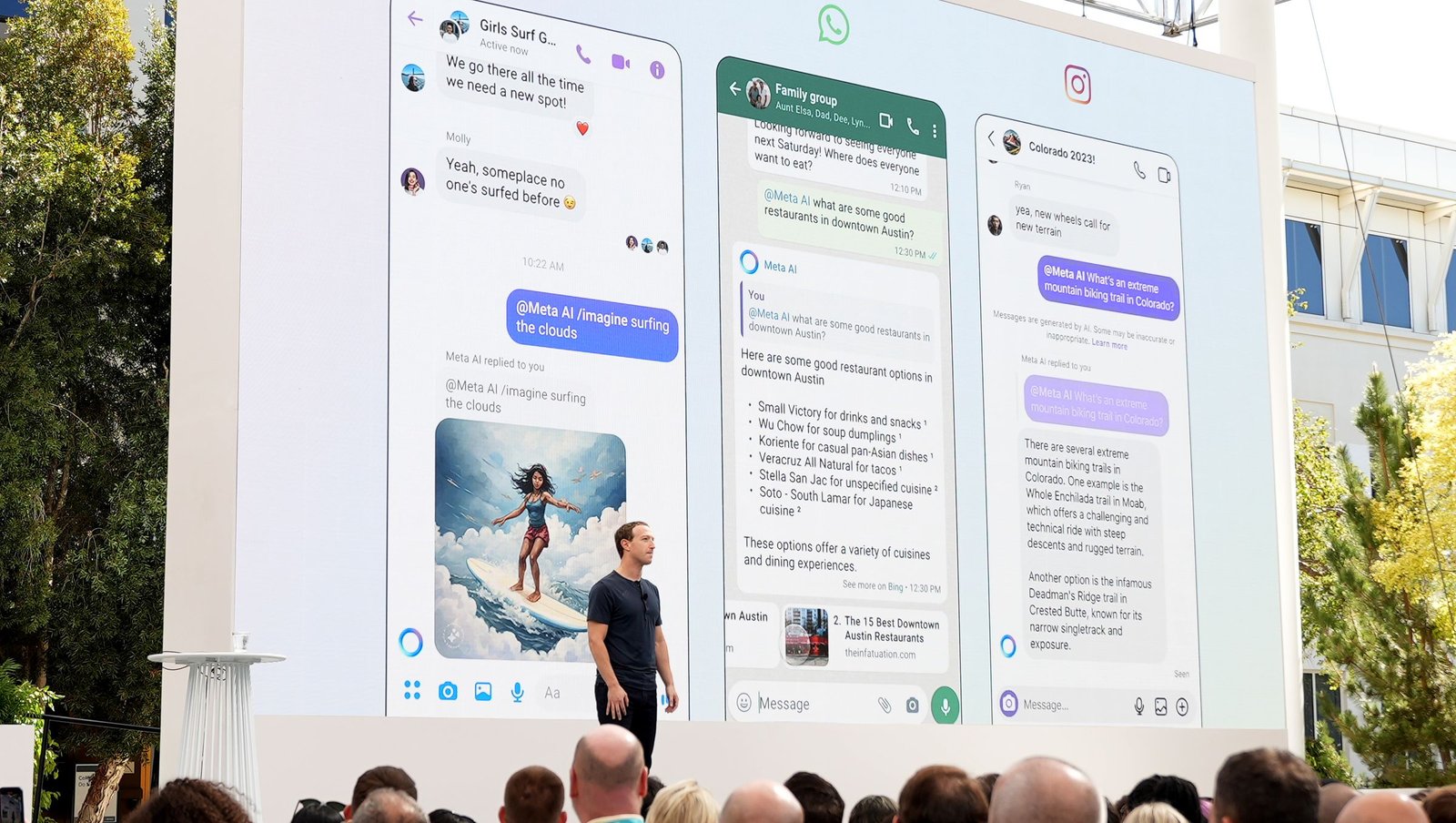Customer service has witnessed advancements in voice recognition systems, but the introduction of generative artificial intelligence (AI) is revolutionizing how consumers engage with brands. This transformative technology propels customer service to new heights by enabling emotion detection, providing guidance, facilitating complete transactions, and preventing individuals from repeatedly demanding a representative over the phone.
The evolution of phone-based customer service has come a long way, from early voice attendants capable of understanding simple responses like “yes” and “no.” In the past eight months, however, rapid and significant advancements have occurred since the groundbreaking launch of OpenAI’s ChatGPT chatbot, which amassed over 100 million users by January 2023.
Salesforce made a recent announcement on June 12, unveiling its new AI Cloud and underlying Einstein GPT tool. According to their press release, this solution empowers sales representatives to generate personalized emails tailored to their customers’ needs automatically. Similarly, service teams can generate personalized chat replies and case summaries.
Marketers can utilize this tool to automatically generate personalized content for engaging customers and prospects across various channels such as email, mobile, web, and advertising. On the other hand, commerce teams can benefit from insights and recommendations generated by AI to deliver customized commerce experiences throughout the buyer’s journey.
In what seems to be a constant stream of news regarding companies adopting AI-powered customer service and workflow tools, ServiceNow, a digital workflow platform, introduced Now Assist for Virtual Agent on June 13. This solution is being piloted and scheduled for a wider rollout in September 2023.
ServiceNow’s Chairman and CEO, Bill McDermott, emphasized the integration of generative AI into their platform, enabling customers to maximize their ROI, which he refers to as “return on intelligence.” The focus lies in achieving a thoughtful co-innovation approach that balances machine speed and human judgment.
Advanced voice AIs face challenges concerning trust and demonstrating true “intelligence.” However, many consumers anticipate these systems to meet expectations sooner rather than later.
According to a study by National Diplomat in April titled “How Consumers Want to Live In the Voice Economy,” 61% of U.S. consumers believe that voice assistants will eventually possess the same intelligence and reliability as human assistants. Of the respondents, 46% predict this achievement within the next five years.
Millennials are the most optimistic, with 57% foreseeing voice technology reaching human-like intelligence and reliability in under five years. Additionally, 11% believe this feat has already been accomplished. Conversely, baby boomers and seniors display more skepticism, with 18% expressing doubts about its eventual realization.
Considering that generative AI relies on Large Language Models (LLMs) and learns from mistakes, the timeline for achieving this level of sophistication might be shorter than anticipated. CMSWire reported in May that generative and conversational AI models could generate responses independently, fostering dynamic and flexible conversations.
Moreover, these models grasp context effectively and remember past interactions, enabling them to provide relevant responses. They excel in handling ambiguous queries and can seek clarification through follow-up questions, similar to human counterparts. This capability significantly enhances user experiences and ensures more effective communication.
Businesses are increasingly embracing this shift in contact center technology. In early June, Assist You, a developer specializing in digital voice assistants for contact centers and customer service use cases, partnered with Ireland-based VoIP and SIP trunking services firm DIDWW.
This collaboration aims to provide more advanced AI tools for contact centers. DIDWW stated in a press release that Assists You leverages voice technology to reduce customer service workloads, enhance availability, and elevate overall customer satisfaction.
Additionally, their Assist You Analytics tool enables organizations to analyze and enrich every phone call in real time, generating valuable insights to optimize customer service and operational processes.
The adoption of generative AI in contact center technology is rapidly gaining traction among businesses.
In early June, Assist You, a specialist in digital voice assistants for contact centers and customer service applications, formed a partnership with DIDWW, an Ireland-based VoIP and SIP trunking services company. Assist You aims to offer advanced AI tools to contact centers through this collaboration.
DIDWW highlighted the potential of voice technology employed by Assist You, emphasizing its ability to alleviate the customer service workload, increase availability, and enhance overall customer satisfaction.
Additionally, the AssistYou Analytics tool enables organizations to analyze and enhance each phone call in real time, extracting valuable insights that can be used to optimize both customer service and operational processes.
Integrating generative AI into contact centers is poised to revolutionize how brands interact with customers. By leveraging the capabilities of conversational AI, businesses can provide more dynamic, flexible, and contextually aware conversations.
The AI models’ proficiency in handling uncertain queries and seeking clarification ensures a superior user experience and enables more effective communication.
Moreover, the advancements in generative AI have sparked the confidence of consumers. A study conducted by PYMNTS revealed that a majority of U.S. consumers, 61%, believe that voice assistants will eventually match the intelligence and reliability of human assistants.
With 46% of respondents anticipating this achievement within the next five years, the timeline for voice technology to reach human-like capabilities might be shorter. Millennials, in particular, display a high level of optimism, with 57% expecting voice technology to surpass human intelligence and reliability within five years.
Salesforce’s recent announcement about the AI Cloud and Einstein GPT tool further illustrates the industry’s drive toward AI-powered customer service solutions. The integration of generative AI into their platform allows sales representatives to automate the generation of personalized emails, catering to each customer’s unique needs.
Service teams can also benefit from auto-generated agent chat replies and case summaries, enhancing efficiency and productivity. Marketers can utilize generative AI to create personalized content across multiple channels, while commerce teams can leverage the technology to deliver customized commerce experiences throughout the buyer’s journey.
As contact centers embrace the transformative power of generative AI, businesses are poised to unlock the full potential of AI-powered customer service. With the ability to detect emotions, provide valuable advice, complete transactions, and improve overall customer experiences, generative AI is reshaping the landscape of contact centers.
As the technology continues to evolve and overcome challenges related to trust and intelligence, it promises to deliver customer service experiences that rival those provided by human agents.
In conclusion, the emergence of generative AI in contact centers signifies a significant shift in how brands interact with their customers. With advancements in voice recognition and the ability to generate contextually aware responses, generative AI is redefining customer service.
As businesses invest in AI-powered solutions and embrace this transformative technology, the contact center landscape is undergoing a profound and comprehensive redefinition.

















